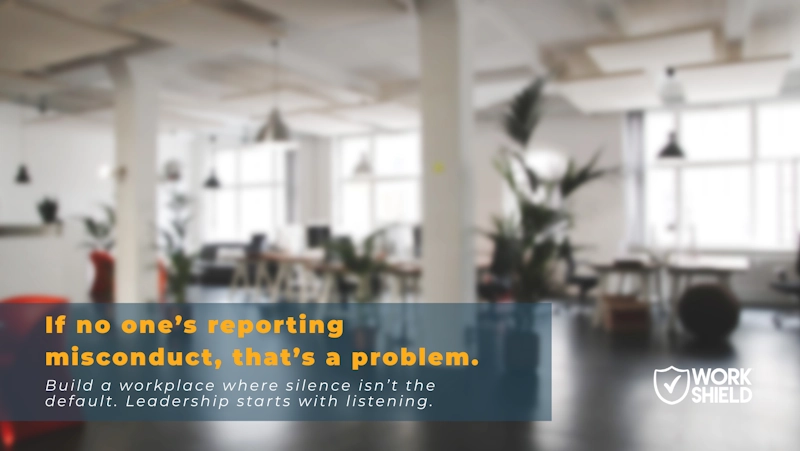Every October, Americans observe National Disability Employment Awareness Month (NDEAM), a time to pay tribute to the economic accomplishments of those with disabilities. It gives organizations a chance to reaffirm their commitment to ensure equal opportunity for all citizens. The theme for NDEAM 2021, “America’s Recovery: Powered by Inclusion,” displays the emphasis on ensuring people with disabilities have full access to employment as the country recovers from the COVID-19 pandemic.
History of NDEAM
In order to ensure disability inclusion in the workplace, it’s important for employers to understand the history and impact of NDEAM.
- 1945: The effort to educate the public about issues relating to disability and employment begins. Congress enacts Public Law 176, declaring the first week of October each year “National Employ the Physically Handicapped Week.”
- 1962: The word “physically” is removed to include the employment needs and contributions of people with all types of disabilities.
- 1973: The Rehabilitation Act of 1973 prohibits discrimination on the basis of disability and is the first major legislative effort to secure equality for those with physical or cognitive disabilities.
- 1988: Congress expands the weekly observance to a month and changes the name to National Disability Employment Awareness Month.
Disability Inclusion in the Workplace Today
It’s crucial for organizations to commit to diversity, equity, inclusion, and accessibility in the workplace. Research shows that people with disabilities are much less likely to be employed than those without disabilities. In 2020, only 18% of people with disabilities were employed. Employers play a key role in providing a more inclusive workspace that welcomes and values people with varying abilities.
First, organizations should be proactive about disability inclusion while recruiting. Candidates may sense barriers during the interview process, which may cause them to look for a job with a different company. It’s also important to emphasize your focus on inclusivity by making it apparent that reasonable accommodations are available even during the hiring process. This may include sign language interpreters, modified equipment or devices, and ensuring that interviews are held in accessible locations.
Accessibility practices don’t stop after the hiring process. It’s imperative to implement a strong disability inclusion program to boost your existing workplace culture and support all employees to perform their best. In fact, highly inclusive organizations are 120% more likely to hit financial target goals.
Along with recruitment efforts and creating an inclusive work culture, providing an accessible work environment is crucial. As we move further into the digital transformation, workplace accessibility means more than ensuring people who use wheelchairs can navigate the workspace. Now, company websites and digital tools should be accessible to all. Ensure website career pages include images with alternative text, contact information to request accommodations, and a site that can be navigated using a screen reader for those with vision impairments.
National Disability Employment Awareness Month is a time to take an honest look at your organization’s diversity, equity and inclusion (DE&I) practices to build a space that welcomes people with all abilities.
As business leaders, it’s important now more than ever to provide the support all employees need to accomplish their best work and contribute to a thriving organization and workplace culture. Work Shield is the solution to help build a workplace culture you can be proud of. To learn more about Work Shield, contact us here.
About Jennifer Pope Jennifer is the Co-Founder of Work Shield, the only start-to-finish workplace harassment and discrimination reporting, investigation and resolution solution that protects employees, employers and cultures at the same time. Jennifer’s background as an attorney fueled her desire to help others. She leverages her experiences from Hewitt Associates, Thompson & Knight, and SMU’s Dedman School of Law to help employers shift the paradigm related to workplace harassment to ensure that everyone has a voice.





